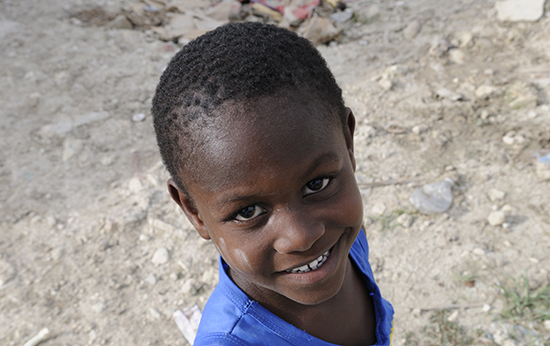Microfinance plays a critical role
Haiti is not only one of the poorest countries in the western hemisphere but it is also located in a region prone to natural disasters. As Haiti seeks to establish a vibrant civil and political society, access to capital is a constant challenge. Thus, microfinance plays a critical role for the majority of the population.
Small- and medium-sized enterprises (SMEs) account for 80 percent of employment in Haiti, the World Bank reported in 2019. Yet most struggle to raise resources to invest in capital improvements. Only 19 percent of Haitians aged 15 or above had access to a bank account, compared with 51 percent of people from Latin America and the Caribbean. With so little access to formal banking services, microfinance is a proven mechanism for getting cash into the hands of the very poor so they can invest in their future and escape poverty with dignity.
